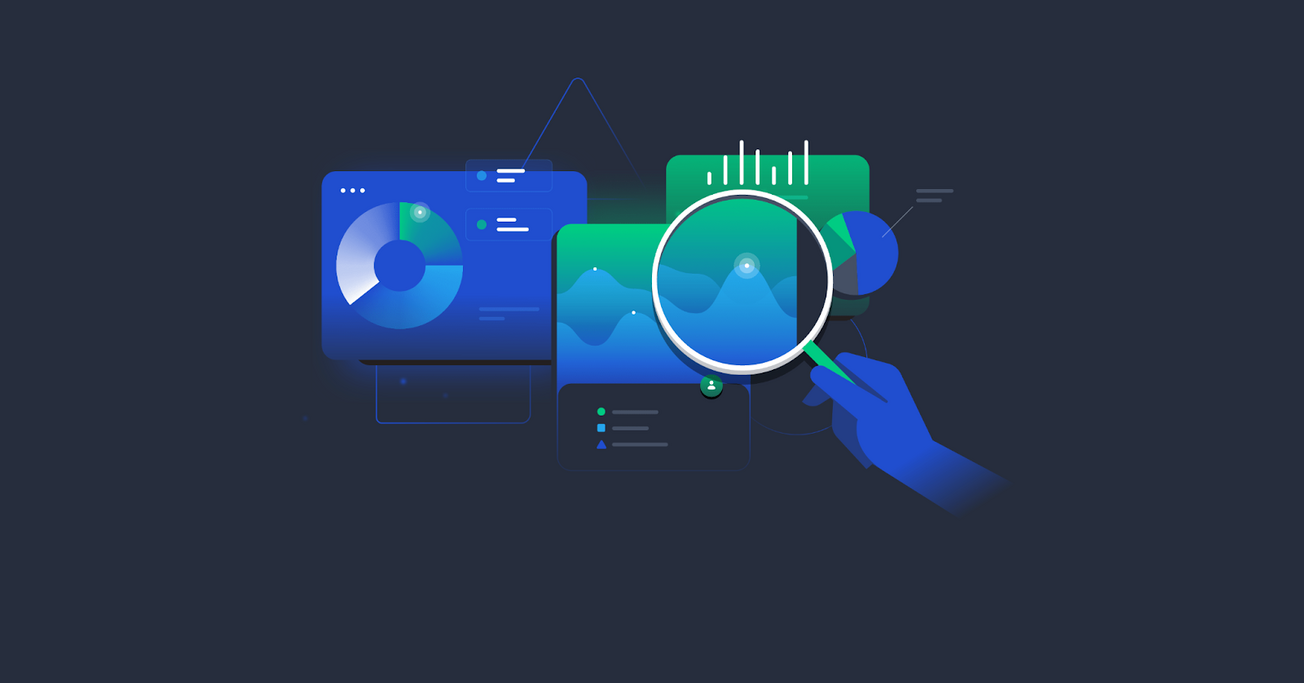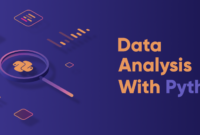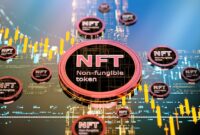What is Text View? The only guide you need
Textual representation is the visual presentation of textual data in a meaningful and interpretable way. Transform text information into visual representations. These can be graphs, charts, word clouds, network diagrams, and other visual formats.
Textual representation is the visual presentation of textual data in a meaningful and interpretable way. Transform text information into visual representations. This can be charts, guest post diagrams, word clouds, network diagrams, and other visual formats. With the advent of big data and its many applications, text visualization techniques help users better understand large amounts of text data, spot patterns, and derive actionable insights.
Text visualization serves multiple purposes, including synthesizing large amounts of unstructured data, exploring data trends and patterns, and communicating the results of text analysis. As a text analysis technique, text visualization is gaining popularity as many managers prefer such information visualization to simple reports full of numbers. This article will help those who want to use text visualization as a basic data analysis technique.
The blog post content is divided into three main subsections that cover the types of text visualization techniques, their benefits, and how data visualization can be used in your business. The blog is a complete guide to text visualization and how you can use it to grow your business.
Types of text display
The first section of this blog discusses the types of text visualizations that are essential if you want to apply data visualization to your business. Different text display techniques are suitable for different scenarios; Therefore, understanding their use is crucial to their successful implementation.
word clouds
word clouds represent text data by displaying words of different sizes, with larger sizes indicating higher frequency or importance. This text display technique provides a quick and intuitive way to identify common terms in a body of text. The obvious use of a word cloud is in content analysis, where a product researcher or SEO analyst wants to see which words appear most frequently in a given section of text.
heat maps
These text visualizations help you analyse the relationships between multiple variables. Heatmaps show the similarity between different entities by showing similar terms in a similar colour. By using multiple colour swatches, heatmaps can distinguish between similar and dissimilar terminologies.
point clouds
Scatterplots are similar to heat maps, but represent different elements as nodes rather than shades of colour. These nodes can then be visualized and inserted to show connections or plotted on a graph to find correlations between all entities.
network cards
Web views use nodes and edges to represent relationships between entities such as words, subjects, or authors. They reveal associations, coexistence and dependencies in text data and provide insight into the underlying structures. Network diagrams are a great way to visualize how all drives are connected.
bar charts
These data visualizations show the frequency distribution of specific terms or topics in a data set. They make it easier to compare and identify the most common or most relevant items. It best represents discrete data in easy-to-understand rectangular units, which can then be arranged in ascending or descending order. Survey results and endpoint-based feedback forms can be easily presented using bar charts, which remain a popular way to visualize data.
Embed words
These data visualizations are based on the latest natural language understanding methods, which place the context and meaning of words in vector space to show their correlation. Each entity or word is represented in this vector space by assigning them absolute coordinates that are plotted according to their similarity and contextual proximity. Nearby features are similar, while more distant features are less similar. Word embedding is a relatively new technique that allows companies to understand a body of text and its relationships.
conclusion
text visualization is a powerful technique that uses NLP and artificial intelligence based tools to visually explore, analyse, and communicate the information contained in text data. By transforming text into visual representations, we can gain valuable insights, identify patterns, and uncover hidden relationships that may be difficult to grasp through traditional textual analysis alone.



